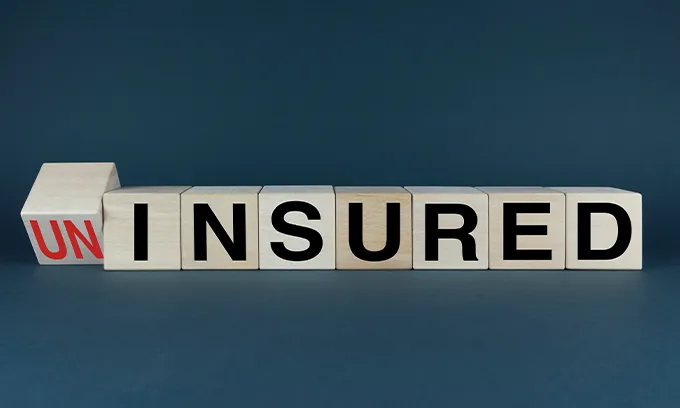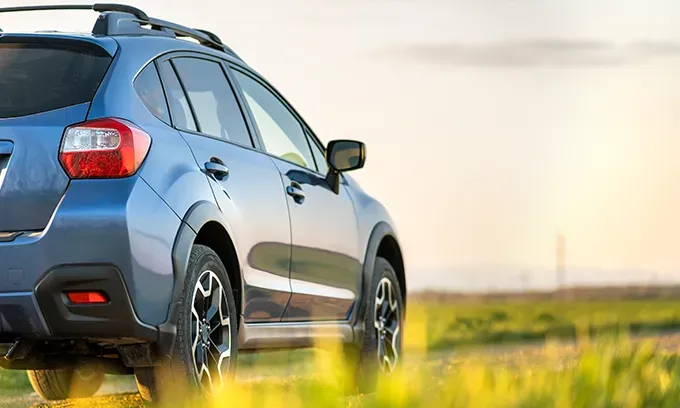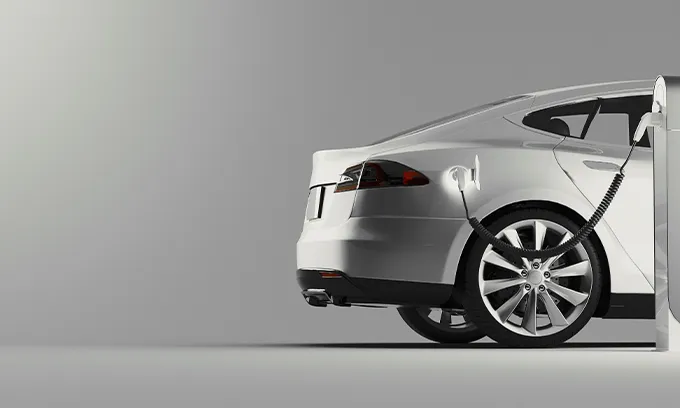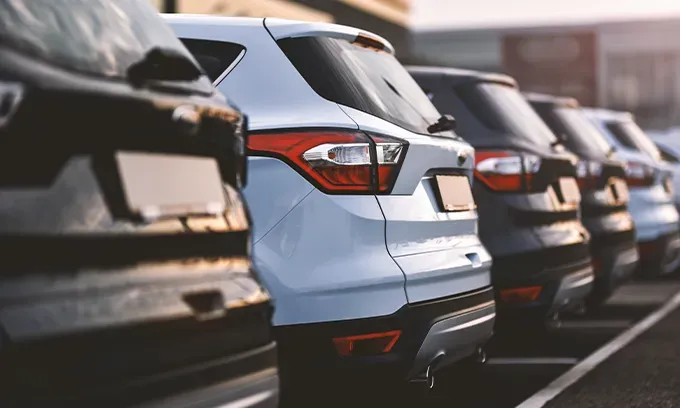Is car insurance compulsory in New Zealand?
Car insurance is not compulsory in New Zealand. As a nation, this makes us a little bit of an outlier, as some form of compulsory third-party insurance is fairly common in many other countries, including for our friends across the ditch.
However, despite not being compulsory, you really should have car insurance. Even if it's just a third-party car insurance policy, which can cost just few dollars a week.
Or, by comparing car insurance, you may find even a comprehensive policy is within your budget.
Why is car insurance not compulsory in NZ?
About 90% of Kiwis support compulsory third-party insurance. Which makes it a little strange that it's not. But, there are a few reasons why:
Most of us have it anyway
While there's not any exact or recent figures, it's estimated that well over 90% of Kiwis have car insurance already. So despite not being compulsory, the vast majority of us get it anyway.
And those car owners who do insure their vehicles choose full cover. Of the respondents in Canstar's latest car insurance research 87% had comprehensive cover.
Because of ACC
Overseas, compulsory car insurance is largely about protecting individuals from personal injury lawsuits. More so than actually covering panel beaters bills.
Car insurance policies include liability insurance, which steps in if someone wants to sue you for medical bills after you've rear-ended them. This is why so many countries make car insurance mandatory.
But unlike in many other countries, if you're injured and unable to work here in New Zealand, you don't need to sue anyone to pay your bills, as ACC will provide financial assistance. In fact, there are very few scenarios in which you can sue anyone for personal injury compensation in New Zealand.
And because of that, compulsory car insurance isn't as necessary.
Insurers don't necessarily want compulsory insurance for all
There are certain high-risk individuals out there that insurers don't want to insure. And if they were forced to provide them cover, they would likely charge extremely high premiums to cover the added risk.
That high cost could price people out of insurance. Leading them to break the law and continue driving anyway, or to stop driving altogether.
That's not a desirable outcome, and it's one that could force the government to step in and put price caps on insurance. Although that could then lead insurers to charge the general population more to account for the added costs of insuring high-risk individuals.
Of course, the government could always set up its own last-ditch insurer for those who fall through the car insurance cracks. But, again, it's not something anyone is keen on doing.
It might not achieve much
The main reason people don't have car insurance is that they can't afford it. Forcing it upon them would only add to their financial strain. And if caught without insurance (because they can't afford it) they would likely be fined, which would just add even more financial pressure.
What happens if you're hit by an uninsured driver?
In this scenario, there are a few different possible outcomes:
If you have Comprehensive car insurance
So long as you have comprehensive car insurance you're covered. Even if the other driver is uninsured. However, you might have to pay an excess, so it could still put you a little out of pocket.
In saying that, if the collision was the other driver's fault, then your insurer may waive your excess. But this relies on you getting adequate details and your insurer concluding the other driver was clearly at fault.
If you have Third Party or Third Party Fire & Theft
Third-party insurance doesn't provide cover for your own vehicle if it's damaged in an accident. However, many policies do include a clause for accidents involving uninsured drivers if they are at fault.
Do note that, as with the above, it relies on you getting adequate details and information from the uninsured driver, and your insurer being able to prove/establish they were at fault.
If fault can't be established, then you may be caught out. Even if you feel it wasn't your fault.
If you have no car insurance
In a collision, you are liable to pay for any damage you cause. So it all comes down to liability.
If the other driver is at fault, then their insurance should cover your repairs, even if you're uninsured. But this comes down to the other driver accepting blame.
If the other driver is also uninsured, then it's up to the two of you to work it out. Obviously, this isn't always easy. So it might require you to get legal advice.
→Related article: Making a Car Insurance Claim if You’re Not at Fault







